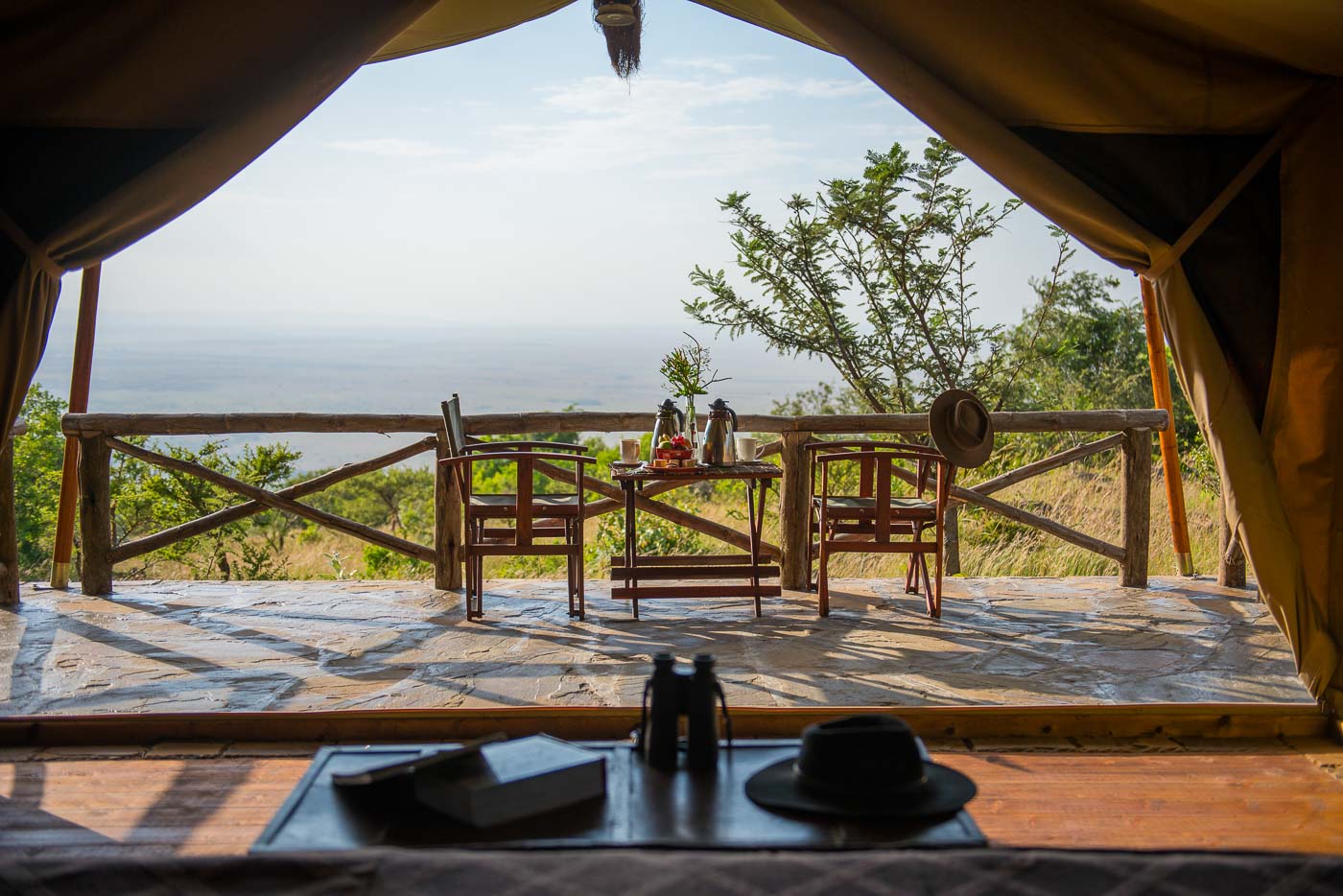A great article by the folks at Barebones Outdoor Living:
The History
Throughout history, there have been many memorable compromises. Don’t like meat, but want the same texture? Try a veggie burger! Want to go running without hurting your knees? Try the new elliptical machine! Want to listen to your favorite tapes on the go? Try a Walkman. Okay, now we’re dating ourselves.
But seriously, glamping is up there as one of the great all-time compromises in history. For those who love the outdoors, but can’t sacrifice the comforts of home (or have a spouse who can’t), there is glamping.
What is Glamping
The most common thought is that glamping is a mashup of the words “glamorous” and “camping”. Some also call it glorious camping, boutique camping, or luxury camping. Whatever the word composition, it should really be named “comfortable camping”, as glamping is the act of sleeping in nature with all the creature comforts of home.
You’ll get the best of camping:
- Direct access to the great outdoors
- Smores and stories around the campfire
- The sound of rain on your tent
- Nature’s peaceful soundtrack
- Time with family and friends
- Fresh air
Without the worst of camping:
- Carrying all that equipment
- Sleeping on the lumpy ground
- Shivering (or sweating)
- That half-blown-up air mattress
- Sleeping bags, in general
- That not-so waterproof tent when it rains
Although traditional glamping is typically done in canvas tents or yurts, the term has evolved to include pull-behind campers, teardrop campers, tepees, gypsy wagons, tree houses and log cabins. Essentially, it’s any semi-permanent structure that allows you to sleep outside with features beyond that of a simple tent.
Each of these glamping venues may differ depending on many factors, including location. Common glampsite options include some sort of kitchen, real beds, rugs, wood floors, nice bedding and décor, wash rooms, electricity, lights, heat and a/c, and, most importantly, a great view.
History of Glamping
The claim to the true history of glamping is still up for grabs. They didn’t use the term glamping, but the Turkish Ottomans would set up extravagant tent cities as a mobile palace for the sultan. These luxurious tents were complete with silk fabrics, embroidery, expensive rugs and furnishings*.
Fast forward to the early 1900’s in Africa. Wealthy American and European travelers demanded luxuries while on safari. Sure, they wanted to have a wild adventure outdoors, but didn’t want to part with their king sized beds and furniture. These canvas safari tents usually included nice Persian rugs, luxurious bedding, and a chef to prepare meals.
Modern day Glamping
So, when did this movement pick up in the modern day? According to Google Trends, the keyword first started being searched on Google in early 2007. The searches were most saturated in Ireland and the United Kingdom.
Today, in the United States, the west coast has the highest saturation of glamping searches, followed by Colorado, New York, the Great Lakes region, and the east coast.
According to The Seattle Times, “the popularity of glamping is taking root in Washington.” Many existing vineyards, orchards, ranches, and other landowners are capitalizing on the glamping movement by starting up glampsites of their own. And savvy landowners in Washington aren’t the only ones. Glamping venues can be found in Georgia, Maine, Colorado, California, Texas and Montana.
Entrepreneurs in just about every state in the union have taken note of the trend, and are bidding for your next pampered camping trip. But, be prepared. Prices range from $150 to $3,000 per night for the most posh glampsites.
So, what are you waiting for? Be a part of the glamping movement and get out there and rough it – but not too rough.
GLAMPING.COM, the industry authority on all things glamping for the discerning experiential traveler, is a highly curated collection of glamping properties around the globe. GLAMPING.COM believes in extraordinary travel – destinations that offer unique, once-in-a-lifetime experiences. With over 800 glamping sites on six continents, the company’s mission is to empower people to try this form of experiential travel with hand-selected, personally vetted properties. Find inspiration on www.glamping.com and Facebook, Instagram and Twitter @glampingdotcom.




Here you GO. This is the History of Glamping in America. https://www.youtube.com/watch?v=SFOOEShDEpo